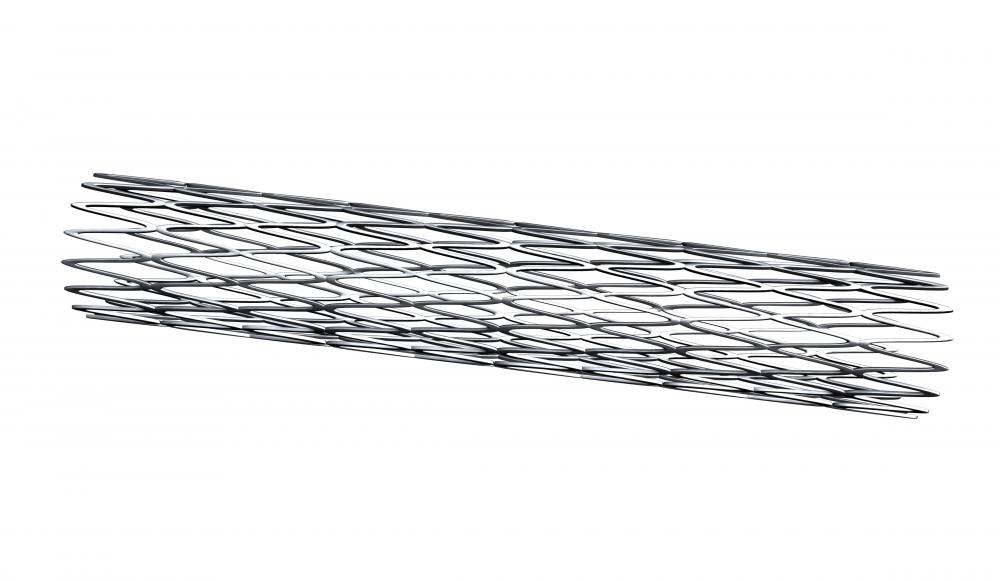At WiseGEEK, we're committed to delivering accurate, trustworthy information. Our expert-authored content is rigorously fact-checked and sourced from credible authorities. Discover how we uphold the highest standards in providing you with reliable knowledge.
How do I Choose the Best Angina Pectoris Treatment?
Angina pectoris is pain or tightness in the chest that is caused by disrupted blood flow to the heart. The condition can be a sign of an impending heart attack, so it is essential to seek treatment at the first signs of severe chest discomfort. A team of doctors can help a patient choose the best angina pectoris treatment for his or her specific situation. Many problems can be alleviated with medications and healthy lifestyle changes, but some cases of angina pectoris require surgery to repair or replace severely damaged coronary arteries. Specialists can explain the different types of angina pectoris treatment in detail so the patient can weigh the risks and benefits of each.
Almost all cases of angina pectoris are related to clogging or narrowing in the coronary arteries, the large blood vessels that supply the heart with new blood. Buildups of cholesterol plaque coat the inner linings of the arteries and make it difficult for enough blood to pass through. A person who has minor, infrequent chest pains should visit a doctor to see if high cholesterol is responsible for symptoms. After making a diagnosis, the physician can discuss angina pectoris treatment options.

In many cases, the only angina pectoris treatment needed is making smart lifestyle changes. People who are at risk of complications due to high cholesterol can start exercising more, quit smoking, limit their alcohol consumption, and eat smaller, healthier meals. A doctor may also prescribe drugs such as beta blockers, statins, and nitrates to lower cholesterol and improve blood flow. In addition, the doctor might suggest a daily regimen of over-the-counter aspirin to help prevent blood clots.

If problems persist despite conservative angina pectoris treatment, a patient may need to undergo a clinical or surgical procedure. Angioplasty is the most commonly used procedure to reduce cholesterol buildup and prevent angina pectoris complications. With the aid of an endoscope or real-time x-rays, a surgeon places a catheter with a deflated balloon into the narrowed artery. The balloon is expanded to widen the artery, and a metal stent is implanted to help it stay open.

A more invasive procedure called cardiac bypass surgery may be needed if an artery is completely blocked or damaged beyond repair. During the surgery, the coronary artery is replaced with a non-vital blood vessel from the chest or leg. Bypass surgery has a high success rate, but patients are still at risk of future problems if they do not make major lifestyle changes after their procedures.
AS FEATURED ON:
AS FEATURED ON:















Discuss this Article
Post your comments